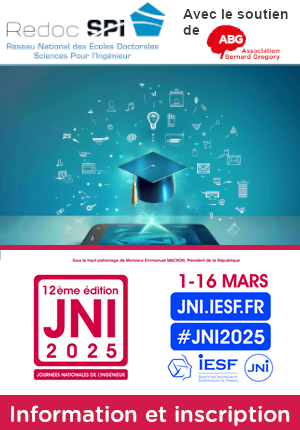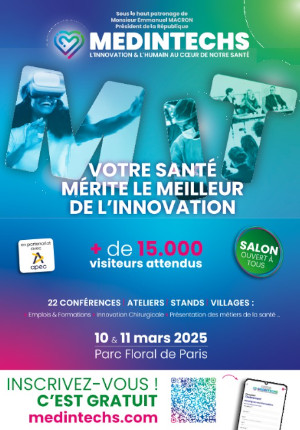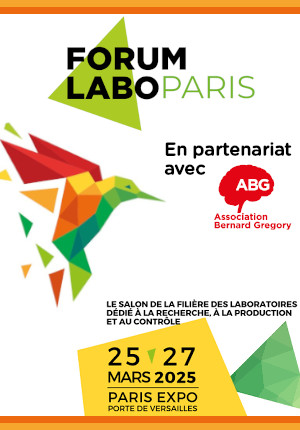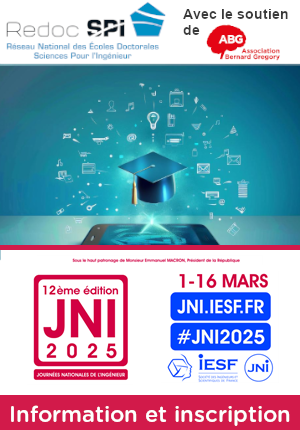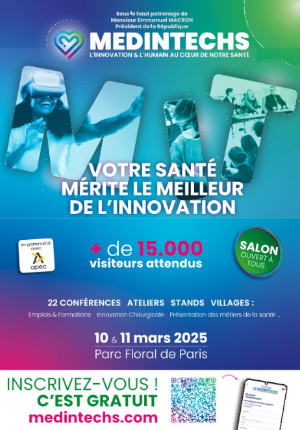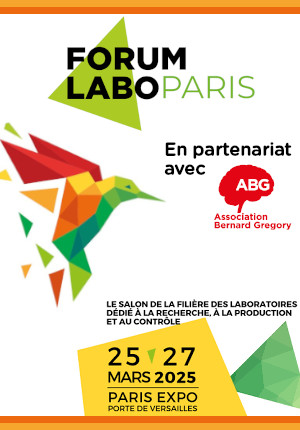Unraveling Liquid Metal Corrosion: A Journey Through Physics-Informed AI and Advanced Imaging
| ABG-128514 | Thesis topic | |
| 2025-02-12 | Public funding alone (i.e. government, region, European, international organization research grant) |
- Materials science
- Digital
Topic description
Project Overview:
In the realm of advanced energy systems liquid metals offer tantalizing possibilities. Yet, these powerful materials harbor a dark side: corrosion that can silently undermine the integrity of critical components. Enter our groundbreaking PhD project, where we're forging a new path in understanding and combating liquid metal corrosion using the latest in artificial intelligence and imaging technology.
Imagine a world where we can predict and visualize corrosion before it becomes a catastrophic failure. That's the future we're building. By fusing physics-informed deep learning with state-of-the-art image analysis, we're creating a revolutionary framework that will transform how we approach corrosion in liquid metal systems.
Our project stands at the exciting intersection of materials science, artificial intelligence, and computer vision. We're not just developing another simulation tool; we're crafting an intelligent system that learns from both fundamental physics and real-world corrosion patterns. This dual approach allows us to capture the complex, multiscale nature of corrosion like never before.
Key Innovations:
• Multiphysics-Informed Neural Networks: Develop models that simultaneously simulate chemistry, mass transport, oxidation, and microstructural transformations.
• Advanced Deep Learning Techniques: Implement AI methods capable of classifying, segmenting, and recognizing corrosion features from diverse imaging modalities.
• Hybrid Modeling Framework: Combine physics-based simulations with data-driven approaches to accurately predict corrosion behavior.
• Explainable AI Methods: Utilize AI to not only predict but also elucidate underlying corrosion mechanisms, enhancing interpretability and trust in the models.
Starting date
Funding category
Funding further details
Presentation of host institution and host laboratory
This PhD project is a collaborative endeavor between the Belgian Nuclear Research Centre (SCK CEN), the University of Liège (ULiège) and Université catholique de Louvain (UCLouvain). The successful candidate will join the Structural Materials expert group at SCK CEN. At ULiège, you will join the Computational & Multiscale Mechanics of Materials (CM3) group, led by Professor Ludovic Noels. Work alongside Professor Thomas Pardoen (UCLouvain), whose expertise lies in materials engineering and mechanics.
Website :
Candidate's profile
We seek a highly motivated individual with a Master's degree in Informatics, Physics, or Artificial Intelligence. The ideal candidate should possess a strong background in machine learning, computer vision, and materials science, with a keen interest in applying AI to solve complex physical problems.
Vous avez déjà un compte ?
Nouvel utilisateur ?
Get ABG’s monthly newsletters including news, job offers, grants & fellowships and a selection of relevant events…
Discover our members
 Nokia Bell Labs France
Nokia Bell Labs France  ANRT
ANRT  SUEZ
SUEZ  CESI
CESI  ADEME
ADEME  Ifremer
Ifremer  Groupe AFNOR - Association française de normalisation
Groupe AFNOR - Association française de normalisation  ONERA - The French Aerospace Lab
ONERA - The French Aerospace Lab  Aérocentre, Pôle d'excellence régional
Aérocentre, Pôle d'excellence régional  Généthon
Généthon  TotalEnergies
TotalEnergies  Tecknowmetrix
Tecknowmetrix  MabDesign
MabDesign  CASDEN
CASDEN  PhDOOC
PhDOOC  Institut de Radioprotection et de Sureté Nucléaire - IRSN - Siège
Institut de Radioprotection et de Sureté Nucléaire - IRSN - Siège  Institut Sup'biotech de Paris
Institut Sup'biotech de Paris  MabDesign
MabDesign  Laboratoire National de Métrologie et d'Essais - LNE
Laboratoire National de Métrologie et d'Essais - LNE



